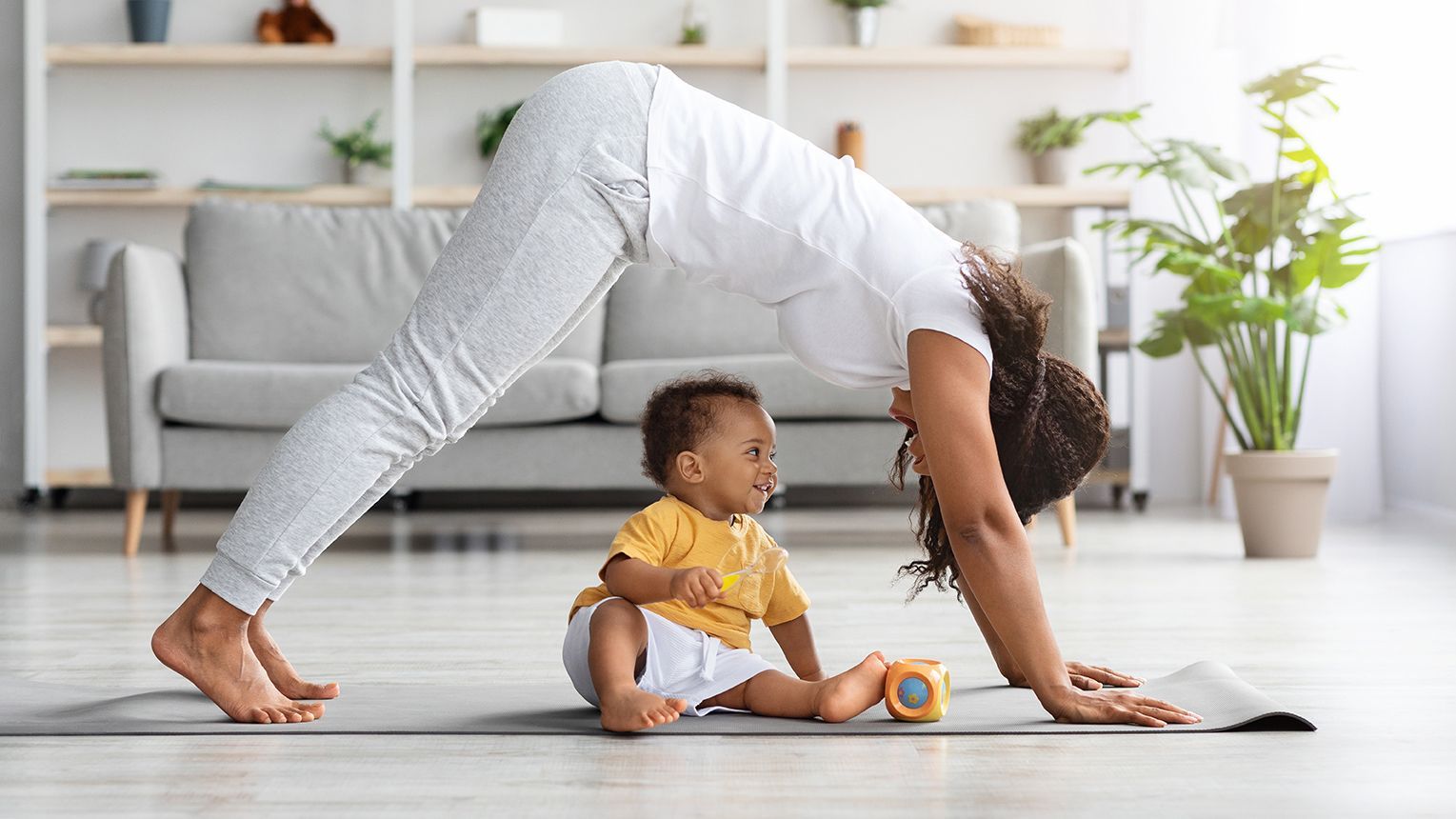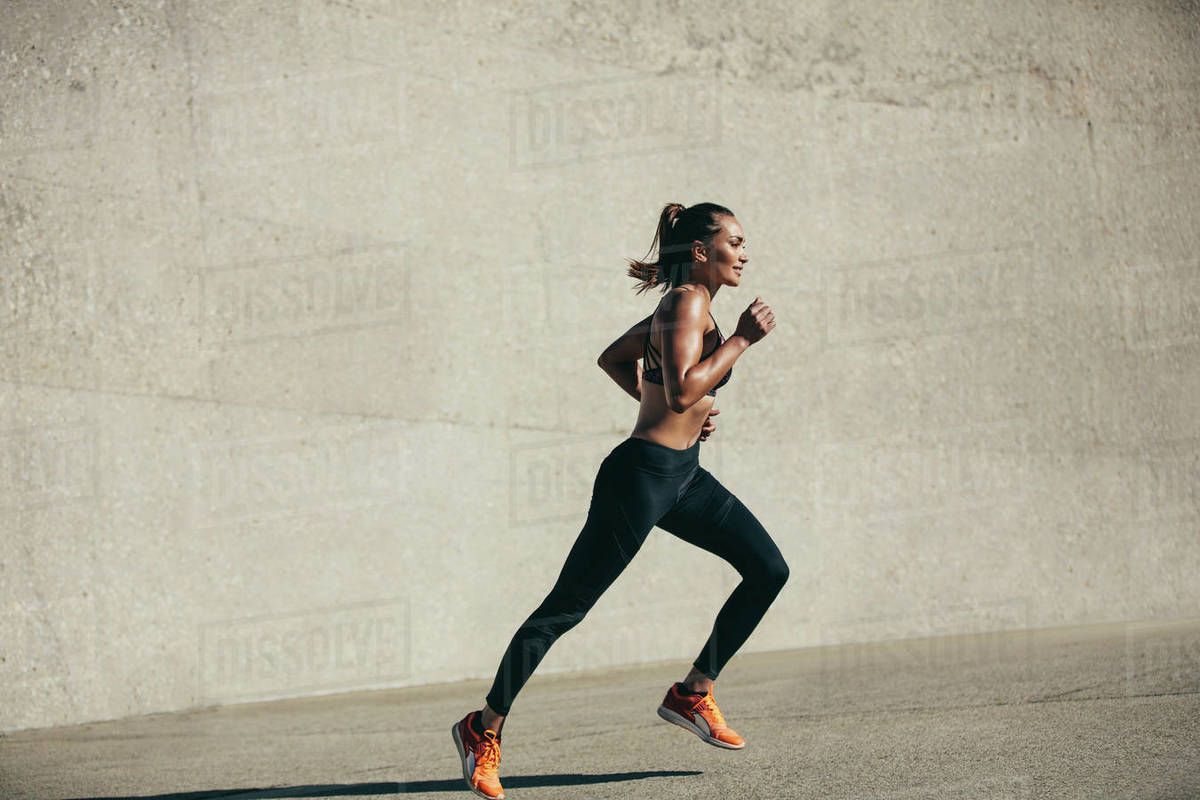James Chandler - The New Kid on the Block
G’day everyone,
I’m James (Jim / Jimmy / Jimbo), an Exercise Physiologist who specialises in the workers compensation scheme.
I was born in the big smoke of Perth, however moved down south at the age of 12 and grew up in the surfing town of Margaret River. I lived on a farm around 30 minutes from the beach, so I can safely say I must be one of the only locals who didn’t surf. As such, my afternoons were typically spent in the paddocks rather than in the swell. Growing up on a farm taught me a lot about patience and hard work, along with the ability to find enjoyment in even the most mundane of activities. After graduating high school in 2015, I returned to Perth to study Sports Science & Management at UWA, before completing my Masters in Clinical Exercise Physiology in 2021. I chose Exercise Physiology as I had a keen interest in sport and rehabilitation, along with believing the huge role exercise can play in a persons general health and wellbeing.
On the weekends you may find me playing Tennis, attending live music gig’s and passionately supporting the mighty Fremantle Dockers. I also love camping and ‘escape’ up north during the colder months, which I refer to as my winter hibernation.
Following my degree, I moved into what is affectionately known as “Voc Land”, or Vocational Rehabilitation. My primary role was to coordinate the return to work plan for injured workers and discussing with stakeholders how to best support the individual with their return to work. I also provided pre-employment medical assessment’s for a wide array of jobs.
It was during this role I discovered the effect a well structured exercise program can have on returning an injured worker back into meaningful employment. As such, I reached the conclusion a career with Absolute Balance would align with my beliefs as a practitioner as I could form meaningful relationships face-to-face, not from behind a screen. Since joining Absolute Balance, I have focussed on encouraging all individuals to best manage their injury and empowering them to return to what matters most to them. I have a keen interest in shoulder and knee rehabilitation, as I have gone through similar injuries in my ‘professional’ sporting career and can empathise with the journey ahead.
I genuinely look forward to meeting new people and creating meaningful relationships, which drives me to ensure everyone in the workers compensation system feels valued and cared for, and not just another claim number.
James Chandler
Workers Compensation Specialist (AEP, ESSAM)
Exercise Rehabilitation Services – WA




